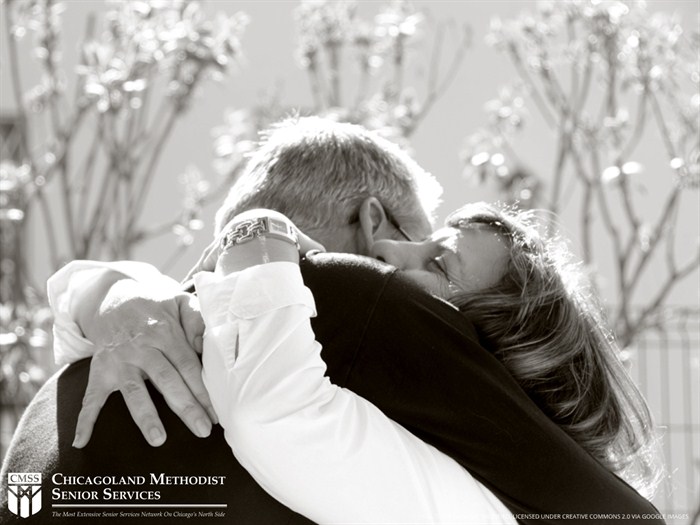
Making the decision to seek outside help when caring for an older loved one is a difficult choice. You know no one will take care of them as well as you can, yet sometimes both you and your older loved one are in need of an extra set of hands. But what happens when you suspect your older loved one’s nursing home or home care provider is treating them unethically?
According to the National Center on Elder Abuse, there’s no precise way to determine how many older adults are abused, neglected, or exploited each year. But there are ways you can protect your loved one from receiving unethical treatment.
What to look for
Suspecting that your older loved one is being mistreated is a scary feeling, but before you make any rash decisions, there are a few things you should look for. Unexplained injuries, bruises and the sudden onset of behavior resembling dementia can indicate physical and mental abuse. Weight loss, unsafe living conditions and wearing unsuitable clothing for the outside temperatures can also be indicative of neglect.
Call 911 or the appropriate helpline
Elder abuse is a crime, and will continue if it goes unreported. If you suspect that an older adult you know is being mistreated in the home, you can find the appropriate Adult Protective Services office to contact here. If you believe they’re in immediate danger or need serious medical attention, call 911. If your older loved one resides in an assisted living facility and you suspect mistreatment, you can contact a Long Term Care Ombudsman who will help you file a report and investigate any claims of elder abuse.
When you call, have this information on hand:
-
Your name and contact information, but if you prefer to remain anonymous you can still report elder abuse
-
The elder’s name, address and contact information
-
What types of support the elder has (including family, doctor or other medical workers, friends, and health care workers who could be helpful)
-
Details about why you suspect elder abuse or are concerned about the possibility of elder abuse, including physical evidence (bruises, burns), hitting or other agressive behavior, poor nutrition or other signs.
What happens next?
Once the APS is notified of a situation, they will assign a caseworker to investigate. In an emergency, a caseworker will be assigned in less than 24 hours. In cases where abuse is found, the APS will arrange for social services to step in and accommodate any needs your family may have.
Unethical treatment of an older loved one is a serious issue. If you’re concerned about the health and safety of someone you care for, contact the below resources immediately.
Adult Protective Services
APS is the principal public agency responsible both for investigating reported cases of elder and vulnerable adult abuse and for providing victims with treatment and protective services. Usually, the Adult Protective Services Unit, Area Agency on Aging, or County Department of Social Services is designated as the agency to receive and investigate allegations of elder abuse and neglect. If the investigators find abuse or neglect, they arrange for services to help protect the victim.
Long Term Care (LTC) Ombudsman
State LTC ombudsman programs investigate and resolve nursing home complaints, and in some areas, complaints about board and care facilities and professional home care providers. If you are concerned about abuse, check the state Long Term Care Ombudsman program in your area for help.
Eldercare Locator
Visit the Eldercare Locator website, or call 1-800-677-1116, to find resources for older adults in any U.S. community. Just one phone call or Website visit provides an instant connection to resources that enable older persons to live independently in their communities. The service links those who need assistance with state and local area agencies on aging and community-based organizations that serve older adults and their caregivers. Operators can be particularly helpful in finding services that can help prevent abuse and neglect.
Because Chicagoland Methodist Senior Services is committed to the highest possible standards of service, we elect to have each of our programs accredited by the Commission on the Accreditation of Rehabilitation Facilities (CARF). This means that we consistently pass an extensive review of our services, providing assurance that we have met rigorous guidelines for quality and client satisfaction. As you look for housing or services for your older loved ones, be sure to look for that “extra” gold seal of approval from CARF.

